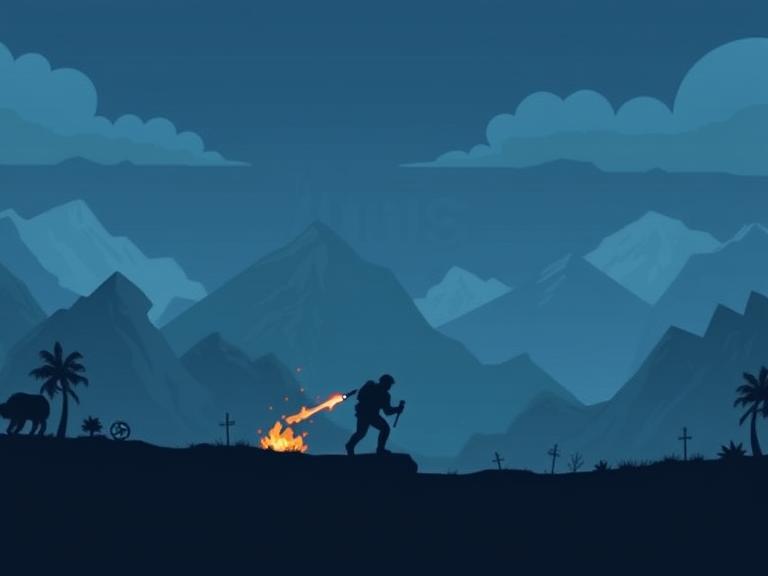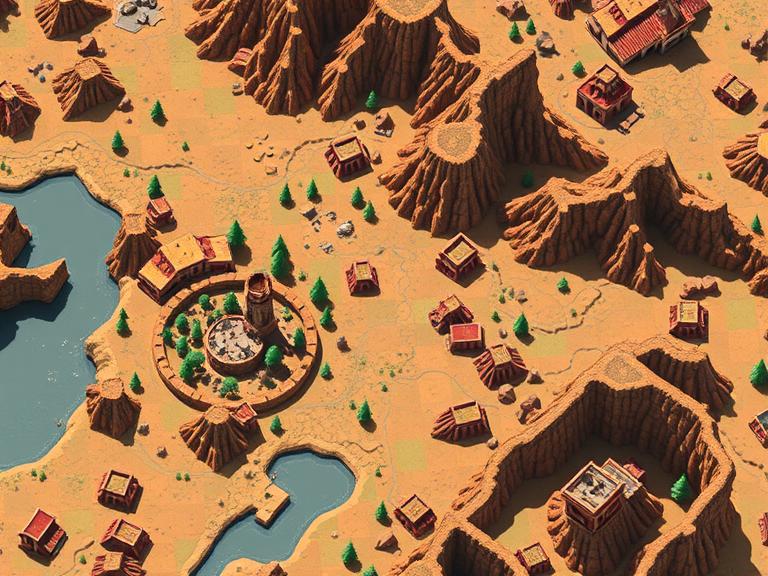Category: Blog
Have you ever lost track of time chasing loot drops or completing achievements? That’s no accident — game reward systems are carefully engineered to trigger deep psychological responses. Understanding these systems reveals why some games feel impossible to put down. At the core is the concept of variable rewards, derived from behavioral psychology. Games like […]
The debate between open-world and linear gameplay has raged for years, with passionate arguments on both sides. Each style offers a distinct type of immersion, shaped by player agency, narrative pacing, and world structure. Open-world games like The Legend of Zelda: Breath of the Wild or Elden Ring grant players freedom to explore vast, interconnected […]
Game difficulty scaling — or “adaptive difficulty” — is a subtle art that makes or breaks the player experience. When implemented well, it creates a tailored challenge that keeps players engaged. When handled poorly, it leads to frustration, boredom, or unfair spikes in difficulty. There are several types of difficulty scaling. Some games, like Resident […]
Procedural generation has transformed the way developers build game worlds, enabling vast, unpredictable environments without the need to manually craft every detail. From early roguelikes to modern sandbox giants like Minecraft and No Man’s Sky, this technique has become a key element of game design, offering players nearly infinite content and replayability. At its core, […]




